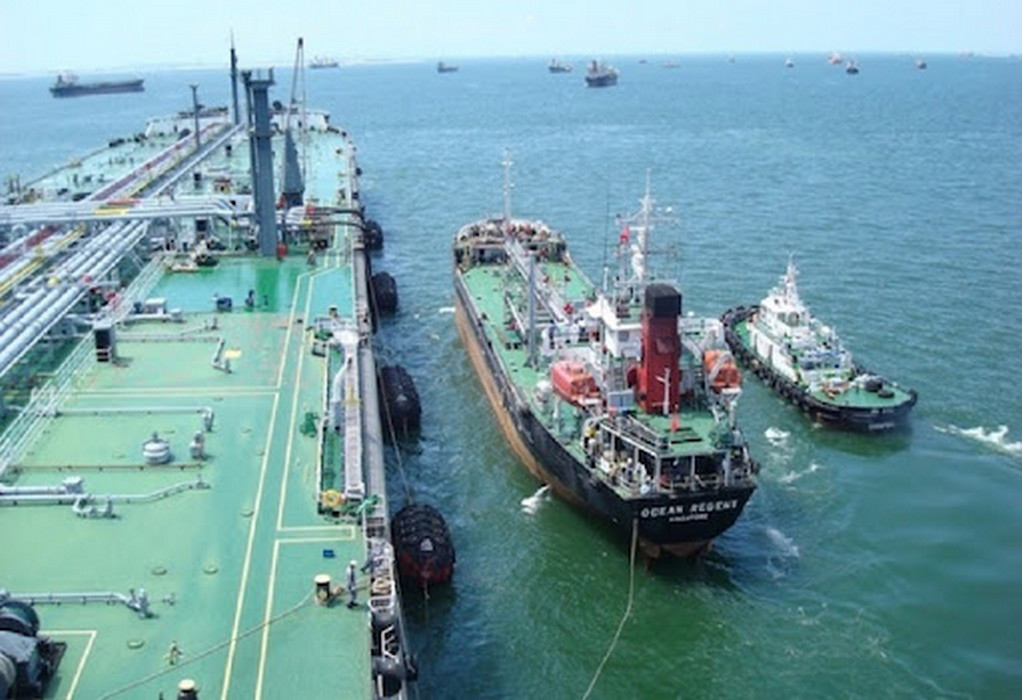The Clean Marine Fuels (CMF) Working Group of the International Association of Ports and Harbors (IAPH) has published a series of bunkering checklists for alcohol-based fuels, including methanol.
Methanol, which can be carbon-neutral when produced from sustainable hydrogen and carbon dioxide (CO2) by direct air capture (DAC), has been used as a fuel alternative in the shipping industry on a small scale since 2015.
However, it is expected to become more popular in the next 10 years given the significant number of ordered dual-fuel ships, which can use methanol alongside traditional marine fuels.
The CMF, a voluntary working group within the IAPH, has just completed work on developing safety tools for methanol and other alcohol-based fuels used as marine fuel. These include a total of seven safety bunkering checklists for ship-to-ship, as well as truck-to-ship transfer scenarios.
The working group began by creating bunker checklists for liquefied natural gas (LNG), and have used this expertise to develop checklists for other new alternative fuels, including liquefied biogas (LBG) and liquid hydrogen (LH2), all of which have been available on the IAPH World Ports Sustainability Portal since last November.
All CMF bunkering checklists pass through a process of industry consultation where they are sent to classification societies, other NGO experts, and bunker operators for feedback.
Tags: CMF, CO2, IAPH, Methanol, Methaol



Recent Posts
Scandlines Nears Delivery of Zero Emissions Ferry Following Successful Sea Trials
India faces emission roadblocks with rising net-zero demands
Green Energy Resources invests in two electric Liebherr LHM 550
NYK Launches Continuous Use of Bio LNG Fuel on Car Carriers to Advance Decarbonization Goals
Yang Ming Expands Fleet with Methanol and LNG Dual-Fuel Vessels Under Fleet Optimization Plan
ClassNK Advocates Speed Gap Monitoring to Optimize Fuel Efficiency in Heavy Weather
Wärtsilä’s retrofit package for the Corsica Linea ferry Pascal Paoli has resulted in fuel savings of up to 22 percent Corsica Linea
COSCO Shipping Names Second Methanol Dual-Fuel Containership in Yangzhou